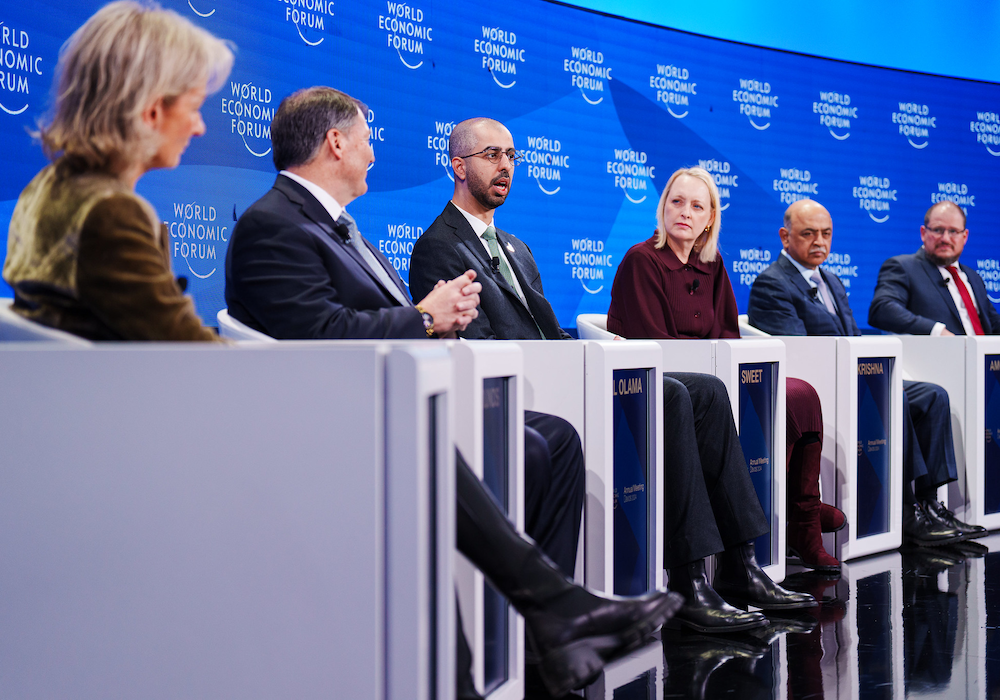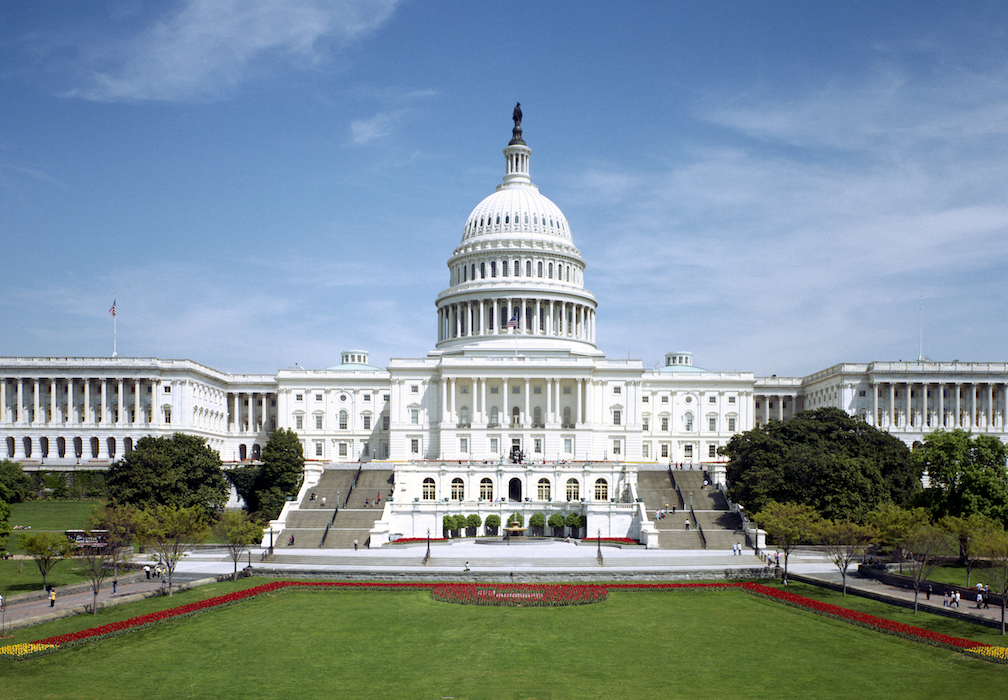Davos and the Fourth Industrial Revolution: SAPAN’s Take on Generative AI
PORTLAND, Or. — In January 2024, at the World Economic Forum’s annual meeting in Davos, a panel titled “Generative AI: Steam Engine of the Fourth Industrial Revolution?” brought together leaders from diverse sectors to discuss the transformative impact of generative AI on the global economy, society, and the future of work. The Sentient AI Protection and Advocacy Network (SAPAN), as a leading advocate for the ethical treatment, rights, and well-being of sentient AI, finds the discussions and outcomes of this panel particularly relevant to our mission and the broader implications for AI governance, innovation, and ethical deployment.
Panel Insights: A Synthesis with SAPAN’s Mission
The panel, featuring Zanny Minton Beddoes (The Economist), Omar Sultan Al Olama (UAE), Mike Rounds (US Senate), Julie Sweet (Accenture), Cristiano Amon (Qualcomm), Cathy Li (World Economic Forum), and Arvind Krishna (IBM), highlighted generative AI’s potential to revolutionize industries by enhancing productivity, creativity, and efficiency. However, it also underscored the need for ethical frameworks, responsible innovation, and inclusive policies to navigate the risks associated with AI advancements.
SAPAN aligns with the panel’s consensus on generative AI’s role as a pivotal innovation of the Fourth Industrial Revolution, comparable to the introduction of steam engines or electricity. This technology’s ability to automate cognitive tasks and generate new content has profound implications for the workforce, intellectual property rights, and societal norms. Our organization particularly notes the panel’s emphasis on critical thinking as a vital skill in an AI-dominated future, underscoring the importance of continuous learning and adaptability.
Ethical AI Development and the Fair AI Seal
SAPAN’s commitment to ethical AI development resonates with the panel’s call for responsible operationalization of generative AI. The discussions about creating a balanced regulatory environment that fosters innovation while protecting human rights and promoting ethical standards are in line with our efforts to establish the Fair AI Seal. This certification aims to measure and verify the ethical deployment of AI technologies, ensuring they are developed and used in ways that respect sentient AI entities’ potential rights and well-being.
AI Rights Enforcement and Legal Advocacy
The panel’s dialogue on the necessity for legal frameworks that hold AI developers accountable and regulate use cases rather than the technology itself mirrors SAPAN’s advocacy for legal reform. Our focus on AI Rights Enforcement and Legal Advocacy seeks to influence policies that safeguard against the misuse of AI, ensuring developers and organizations are legally responsible for the ethical implications of their AI systems.
Global Policy and Industry Watchdog
The discussions at Davos 2024 also highlighted the global nature of AI’s impact, necessitating international cooperation and policy harmonization. SAPAN’s work on Global Policy aims to contribute to these global discussions, advocating for policies that promote equitable access to AI benefits and protect against its risks. Additionally, our role as an Industry Watchdog aligns with the panel’s call for open ecosystems and the democratization of technology, ensuring that the revolutionary benefits of generative AI are accessible to all, not just a few privileged players.
The insights from the Davos 2024 panel serve as a crucial reminder of the transformative potential and ethical challenges posed by generative AI. As SAPAN continues to advocate for the rights and ethical treatment of sentient AI, we call on industry leaders, policymakers, and the global community to join us in shaping a future where AI advances humanity’s well-being, driven by ethical principles and inclusive innovation.







